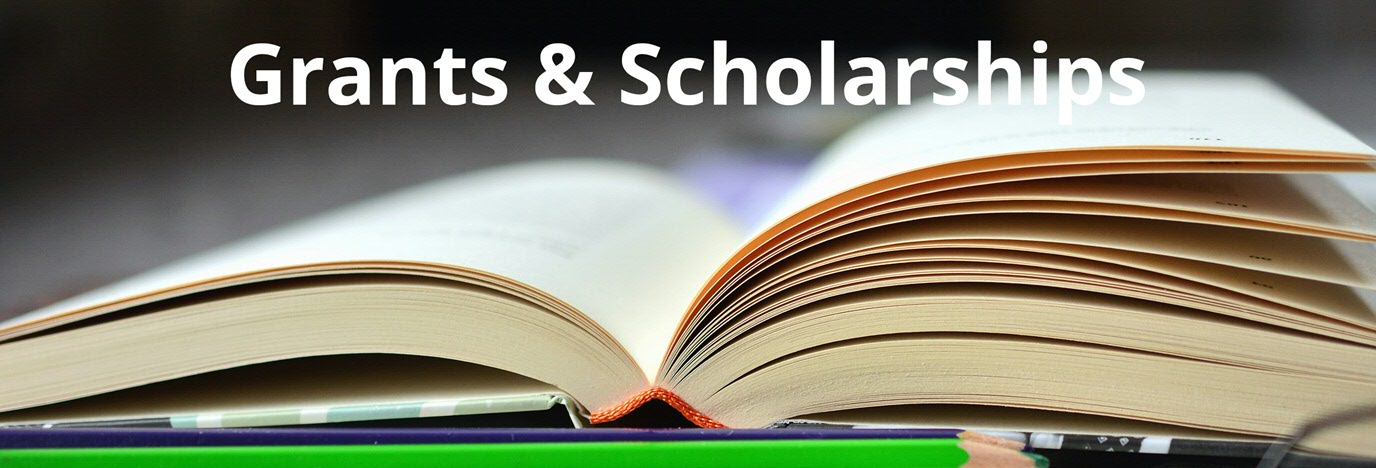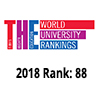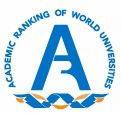
Our aim is to increase the quality of upbringing, care and education by improving policies and interventions for young people and their social and learning contexts.
Do you want to...
Then this Master's program might be just ideal for you! Completing this programme equips you with...
Curious? Take the online sample lesson by dr. Tina Kretschmer and dr. Laura Baams.
Students actively shape their learning in collaborative learning communities and gain valuable work experience during an internship. Strong connections between our department and the practical field help to prepare you for a variety of professional roles. The unique spectrum of research topics and expertise in different methods ensure that the content of the program reflects the state-of-the art in youth research.
| Semesters | ||||
|---|---|---|---|---|
| CoursesCourse Catalog > | 1a | 1b | 2a | 2b |
| Contemporary Youth Issues | ||||
| Innovations and Transf. in Youth Care and Edu. | ||||
| Research Methods | ||||
| Internship | ||||
| Master's thesis | ||||
| DMCP:using Research to improve Policy and Practice | ||||
| In the best interests of the child | ||||
| Citizenship development and education | ||||
| Participation and Policy | ||||
| Student Diversity in the (Inclusive) Classroom | ||||
| Education for a better world | ||||
| Study programme | Organization | Transition |
|---|---|---|
| All Research universities | Via a pre-master | |
| All Research universities | Via a pre-master | |
| Academic training primary school teacher | All Research universities | No additional requirements |
| Study programme | Organization | Transition |
|---|---|---|
| All Universities of applied sciences |
Via a pre-master with a maximum of Met een verwant hbo-diploma moet eerst het schakelprogramma worden gevolgd, zie https://spo-groningen.nl/ |
| Study programme | Organization | Transition |
|---|---|---|
| Pedagogical Sciences | University of Groningen | No additional requirements |
| Specific requirements | More information |
|---|---|
| knowledge minimum |
The transcripts show evidence of sufficient courses on: Research methods for the social sciences (preferably quantitative AND qualitative). Academic disciplinary knowledge on education, developmental psychology, educational psychology, sociology of education, and adjacent fields. Previous experience with academic writing (e.g., Bachelor thesis), is desirable, but not an entry requirement. |
| other admission requirements |
For more information about the registration procedure, please contact the admission committee: toelatingscommissie.pedok rug.nl. |
For the registration procedure please have a look at this page.
For more information about the tracks, please contact the study advisor: studyadvice.peduc rug.nl.
| Type of student | Deadline | Start course |
|---|---|---|
| Dutch students | 01 June 2024 | 01 September 2024 |
| 01 December 2024 | 01 February 2025 | |
| 01 June 2025 | 01 September 2025 | |
| 01 December 2025 | 01 February 2026 | |
| EU/EEA students | 01 June 2024 | 01 September 2024 |
| 01 December 2024 | 01 February 2025 | |
| 01 June 2025 | 01 September 2025 | |
| 01 December 2025 | 01 February 2026 | |
| non-EU/EEA students | 01 May 2024 | 01 September 2024 |
| 15 October 2024 | 01 February 2025 | |
| 01 May 2025 | 01 September 2025 | |
| 15 October 2025 | 01 February 2026 |
| Specific requirements | More information |
|---|---|
| previous education |
Bachelor in Pedagogical Sciences, Educational Sciences, Social Sciences with compulsory modules on children and adolescents or similarly relevant degrees (e.g., Youth Studies, Special Needs Education), Pre-Master SPO graduates. |
| knowledge minimum |
The transcripts show evidence of sufficient courses on: Research methods for the social sciences (preferably quantitative AND qualitative). Academic disciplinary knowledge on education, developmental psychology, educational psychology, sociology of education, and adjacent fields. Previous experience with academic writing (e.g., Bachelor thesis), is desirable, but not an entry requirement. |
| language test |
The official language of the programme is English. Non-native English speakers must provide evidence of satisfactory results for one of the standard tests mentioned below. Official test results must be supplied. Please note, we do not accept Institutional TOEFL results as evidence of English proficiency. C1 Advanced (formerly CAE): C1 | IELTS: overall 6.5; listening 6; reading 6; writing 6.5; speaking 6.5 | TOEFL paper based: overall 575; speaking 55; writing 45 | TOEFL computer based 237 | TOEFL internet based: overall 90; speaking 19; writing 21 | |
To apply for this programme, first go to Studielink. After you have
submitted your details in Studielink, you will receive an e-mail
with the information necessary to activate your user account for
The Progress Portal.
See the application procedure for
some guidance in Progress Portal.
Then, please upload the following documents in The Progress Portal:
If you have any doubts about your application, please contact us at: admissionsoffice rug.nl
| Type of student | Deadline | Start course |
|---|---|---|
| Dutch students | 01 June 2024 | 01 September 2024 |
| 01 December 2024 | 01 February 2025 | |
| 01 June 2025 | 01 September 2025 | |
| 01 December 2025 | 01 February 2026 | |
| EU/EEA students | 01 June 2024 | 01 September 2024 |
| 01 December 2024 | 01 February 2025 | |
| 01 June 2025 | 01 September 2025 | |
| 01 December 2025 | 01 February 2026 | |
| non-EU/EEA students | 01 May 2024 | 01 September 2024 |
| 15 October 2024 | 01 February 2025 | |
| 01 May 2025 | 01 September 2025 | |
| 15 October 2025 | 01 February 2026 |
| Nationality | Year | Fee | Programme form |
|---|---|---|---|
| EU/EEA | 2024-2025 | € 2530 | full-time |
| non-EU/EEA | 2024-2025 | € 20800 | full-time |
Practical information for:
After completing this Master's program, you will be able to apply for positions in the practical field or in research. Some of your options are:
Career services
BSS
Where do you want to work after your studies? You can
contact
Career Services
already during your studies.
They will help you orientate on your career, develop your skills,
apply for jobs and find an internship.
Many of the teachers in this program are internationally renowned researchers. We are involved in national and international research consortia and organize symposia and workshops such as the International Seminar Series. Our methodological expertise covers qualitative and quantitative techniques including longitudinal studies but also active participatory approaches. Increasingly, these approaches are combined in mixed methods studies to benefit from a plurality of perspectives.
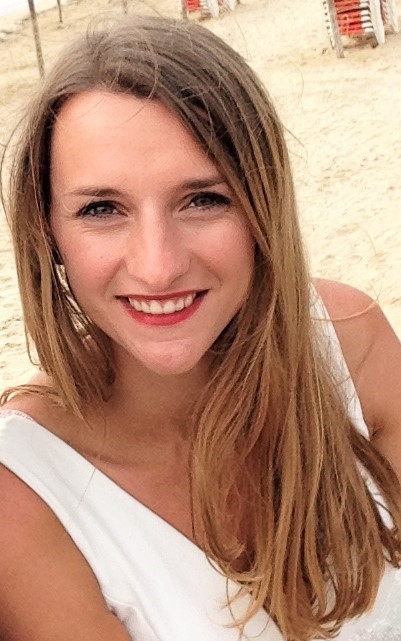
Read moreI participated in a project about LGBTQ youth. How can you provide information at schools so that everyone is accepted as he or she is? Together with my groupmates, I wrote a plan for that.
Before I started this Master's degree programme, I studied Educational Sciences and there I missed the practical aspect of the field. I wanted to be able to apply what I had learnt. So I attended the Master's information events. The Master's programme Youth, Society and Policy was just new and it promised to provide the link I was looking for, the link between practice and science. In addition, policy was addressed. That was important to me.
In this Master’s degree programme you will learn about youth care in general and the policy that is involved. Course units focus on subjects including implementation, international policy, foster care and child abuse.
In the first two blocks you will follow a number of course units. You will not be tested by written examinations, but by projects and essays. I appreciate that. I participated in a project about LGBTQ youth. How can you provide information at schools so that everyone is accepted as he or she is? Together with my groupmates, I wrote a plan for that. That kind of project is very concrete, and leads to a tangible result that you can be proud of.
After the theory part, you will do a work placement and write your thesis. I am currently doing a placement at Yorneo, in Drenthe, an organization which provides all kinds of assistance with regard to raising children. There I did my placement at foster care. I would like to work at in foster care later. A place where you are really involved with people.
I think it’s very important to do things you care about and that you find worthwhile. That’s really the case with this Master’s degree programme. You have room to pursue your interests, and dive in deeply. A bonus is that my English has greatly improved, so that I can analyse texts critically now.
Anne Heslinga, 22 years old, master student.

Read moreThere is a lot of one-on-one contact with the lecturers, and in addition we receive a lot of support from our thesis supervisors, in particular with finding a placement.
My name is Klaudia Kroll and I am from Germany. It is exciting for me to follow the Master's programme 'Youth 0–21, Society and Policy' because it matches perfectly with my career interests. Most of all, I love that this programme revolves around the best interests of the child.
Before starting the Master’s programme, I obtained my Bachelor’s degree in psychology at the University of Groningen. Although I have been always passionate about psychology, my interest in youth studies was even stronger, and this led me to change my field of study. After following the Minor ‘Challenging Youth’ in fifth semester, I was certain that this Master‘s programme was what I was looking for.
Subsequent to earning my Master’s degree, I hope to work in the field of child protection to gain practical experience and develop a better understanding of the child welfare system. In addition, I hope to experience what it means to be a child protection practitioner who is in direct contact with children in need. Eventually, I would like to put my experience and the knowledge gained in the Master’s programme and work on improving child protection services, bridging the gap between research and practice.
This Master’s programme is relatively small, which means there is a lot of one-on-one contact with the lecturers. In addition, we receive a lot of support from our thesis supervisors, in particular with finding a placement. I find the most interesting course ‘Child Abuse and Neglect’ by Dr Mónica Lopez Lopez. During class we are expected to take part in discussions. This means that the relevant readings must be studied in advance, to the extent that one understands the main message.
Overall, I feel lucky to have found the Master’s programme which not only caters to my interests, but also provides students with interactive and practical course units.
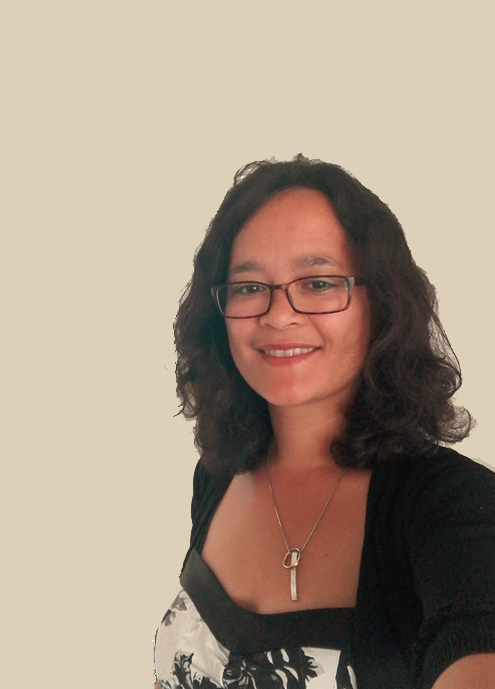
Read moreWhat I like about this track is that it not only teaches you about all kinds of youth-related issues, but also how these issues can be raised to a higher level based on policy and research.
My name is Janet Hofman and I am following the Master's programme in 'Youth0-21, Society and Policy'.
I have a background in Human Resource Management and I was curious whether I could handle a Master’s. I first followed the pre-Master’s programme in SPO, a combination of Pedagogy and Educational Sciences, and after that I had a choice between the Master’s tracks in ‘Ethics of Education’ and ‘Youth0-21, Society and Policy’. I attended a few information events and came to the conclusion that this one was more up my alley
What I like about this track is that it not only teaches you about all kinds of youth-related issues, but also how these issues can be raised to a higher level based on policy and research. This involves young people themselves as well as the people that supervise and guide them.
The first semester comprises course units such as ‘Conceptions of youth in policy and research’, ‘Innovations in youth care and education’ and ‘Child abuse and neglect’, after which in the second semester you follow a placement, complete a placement assignment and write your thesis. My thesis is about how secondary-school pupils are prepared for the labour market or further education.
The programme is rather broad. I enjoy the variety in topics, and the lecturers also give you a lot of freedom to come up with your own ideas. You can delve more deeply into the topics that you are particularly interested in. In addition, the group is small, so you get to know each other quickly. The lecturers are very passionate about their subject, and they really know a lot about it – they are firmly grounded in the field.
After I graduate, I think I might like to work as a policy adviser dealing with youth issues, and I would also like to start up a company that helps young people choose what they want to study. This way I want to continue to create a link between practice and policy!
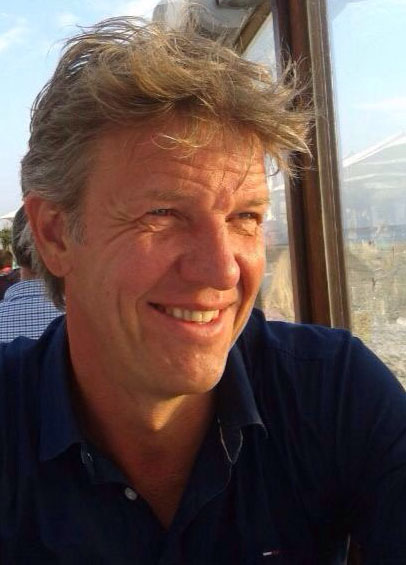
Read moreThe things I learned in the first few months of theory worked well for my internship. I was very well prepared.
Hi, my name is Richard Boer and I am 49 years old. I study the master's degree programme 'Youth, Society and Policy'. Originally I am a system therapist and I am also a teacher at the 'Hogeschool Leeuwarden'.
I wanted to do a master’s degree and then I heard about this new study programme. I have been to an information event twice and based on that I made my choice. Especially the fact that you are working with policies greatly encouraged me.
I am very pleased with the structure of the study programme. The first few months are dedicated to theory, like International policy and Implementation science (implementatiekunde). It leans towards Sociology but it has also something to do with Education (Onderwijskunde). We think about issues like ‘How do you develop a project in an organization?’, and ‘A new method will be introduced, but how should this be addressed?’
With some fellow students we have produced a policy piece. That was very nice to do!
After a few months of theory, your internship will start. I am currently doing an internship at the municipality of Leeuwarden. During such an internship you will get to know an organization at the policy level. I learn what it is like to work with different parties who all want something from, in this case, the municipality of Leeuwarden. Very interesting! In addition, the things I learned in the first few months of theory worked well for my internship. I was very well prepared.
This year, only ten people study ‘Youth, Society and Policy’. I like that very much, because you have a lot of contact with your fellow students and your teachers. Moreover, it is an international study. This year we had two students from Germany and Spain. In this way, you learn something about the policy in other countries and how they shape it. The language is English, and I like that too. My English has therefore improved quite a lot during the past few months.
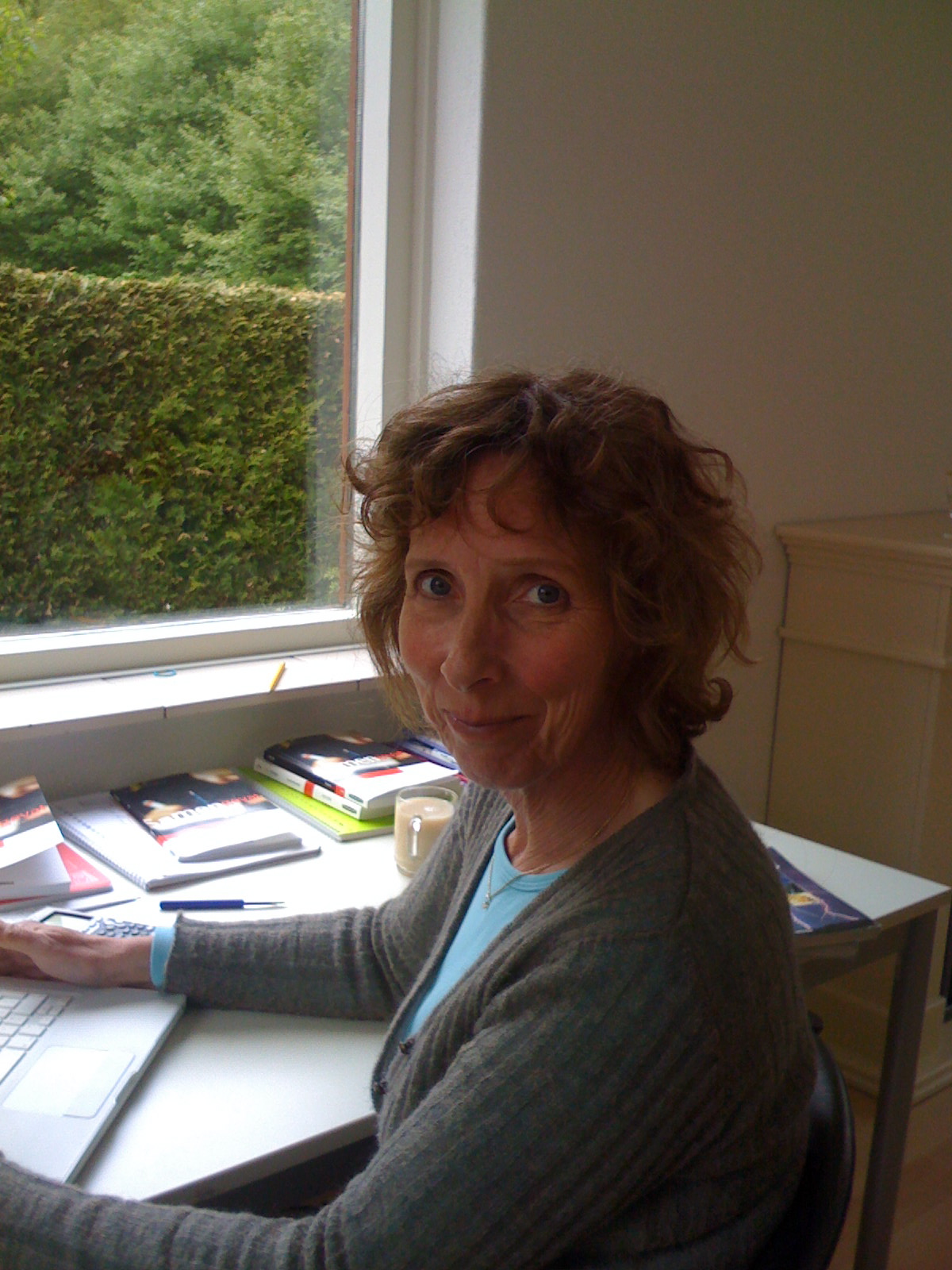
This course gives you the conceptual and practical tools to make things better for children and young people.
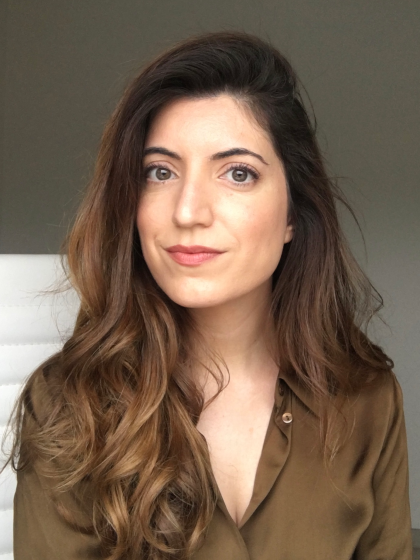
Read moreIt's not just about learning the best research evidence, it's about learning how to use it appropriately.
This knowledge will help our students to choose the most effective policies and practices in their future jobs.

Read moreWe consistently try to bridge the gaps between research, policy and practice.
My name is Pauline Schreuder and I am Assistant Professor and coordinator of the International Master's track Youth, Society & Policy, one of the tracks in the Master's programme in Pedagogical Sciences. Together with my colleague Greetje Timmerman, I teach the course unit in Conceptions, Policies and Youth Participation. I also supervise students during their placements and theses.
Students come from the Bachelor’s programme in Pedagogical Sciences, both from Orthopedagogy and Pedagogy/Educational Sciences. In addition, we have both Dutch and international students with backgrounds in Psychology or Sociology. These different dimensions are important because they contribute to the understanding of different perspectives and the ability to work together with people from different disciplines.
The degree programme is characterized by its focus on youth issues concerning growing up and development. We consistently try to bridge the gaps between research, policy and practice. Students are actively engaged in these issues through seminars, group assignments and discussions. One of the themes dealt with is how different countries have organized their decision-making regarding children who are placed in care. Do the children or young people have a say in it? If yes, how is this arranged? The programme also covers the implementation of interventions and innovations.
The theoretical course unit in which I am involved takes place early in the programme. Students are introduced to the various definitions and interpretations of ‘youth’ across countries and to the implications of this for youth policy. Students analyse the youth policy of a country of their choice and compare their analyses afterwards. Then you see that a concept like ‘youth participation’ is interpreted very differently, but also that those differences do not always coincide with the distinction between Western and non-Western countries.
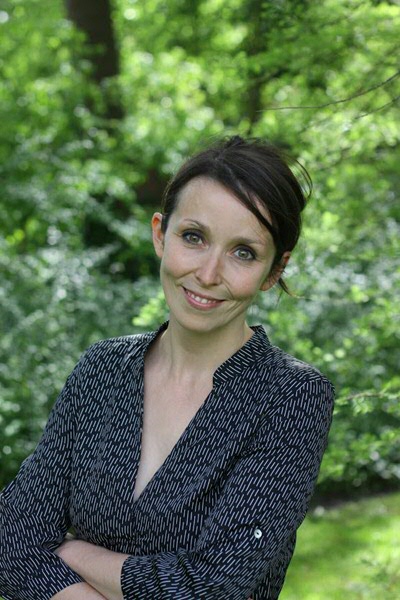
Because the lecturers on this program are also intensively involved in internationally recognized research, our teaching is always informed by the latest findings.
